Teaching | | There is a huge need for extra help in Tanzanian schools. One of the common difficulties for children in Tanzania is that primary schools teach in Swahili and secondary school in English. This is obviously a difficult transition; therefore much assistance is required to help children build their English language skills. In general, we support locally based schools. We currently have volunteer positions at teaching projects for children of all ages. The nursery schools are run by local organizations trying to prepare the children for primary school by teaching them basics such as reading, writing, Maths, Swahili and English. Projects working with older children are providing an education to orphaned and disadvantaged children. Local teachers are teaching at all of these schools and rather than replacing them, we try to enhance their work by taking extra classes and activities, dividing large classes and helping give more individual attention to the children. Volunteers can also help with one on one tuition for children falling behind. | 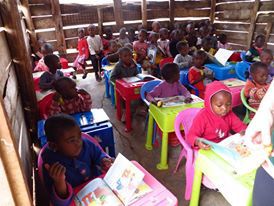 |  | Along with formal teaching there are opportunities to work with children in the areas of drama, singing, music, gardening, hygiene and human rights. Volunteers run skills training and health/life skills tasks at a few projects. You are not required to have any formal teaching background to assist in these teaching positions. You can still be a valuable asset when volunteering as a teacher’s assistant, activities director or offering one on one tuition. Other teaching projects we assist include working with children with learning difficulties, street children and young people on remand. Vocational skills building are particularly valuable for these placements. See also: Teaching Internships Tanzania.
| |
Orphanages | | There are many orphanages within Moshi and the surrounding area. Due to the high rates of HIV/AIDS and poverty, there are large numbers of orphans who benefit from the help offered by these centres. Path to Africa, our charity, currently financially supports Hope Village Orphanage. This orphanage is more like a family home, with seven children who have been taken in by one local lady. Volunteers work at the orphanage in Tanzania after the children return home from school each day, helping the children with their homework and running activities for them. We work with other orphanages also requiring volunteers, although some are only available during school holidays when the children are home from school. Often these can be combined with a teaching project close by during term time. If you prefer to work solely at an orphanage, manual work such as farming, and household chores are available whilst the children are at school. Volunteering at an orphanage in Tanzania can be very rewarding. The children love having people to play with or provide some simple lessons. No skills are required for this type of volunteering, just a true love for children. | 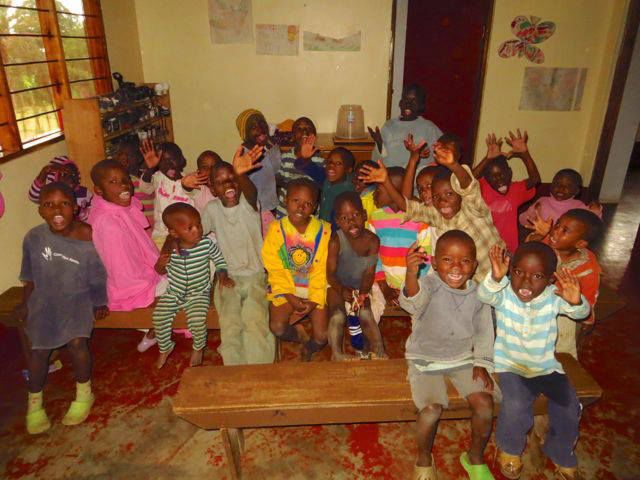 | |
Working with Disabilities | | The situation of persons with disabilities According to the national disability survey in 2008, 3.2 million Tanzanians (7.8%) of the population aged 7 years and above have some form of disability and up to 5.4 million (13.2%) are affected by disabilities many of whom are excluded from society and kept hidden at home. They are seen as being "shamed" “cursed” or "God's punishment" and can result in their families losing their reputation in the societies in which they live. Husbands blame their wives for their disabled child and leave them. The financial situation of the family deteriorates, and the children are neglected, most often undernourished and suffering from poor health. In the past there were no options to accurately diagnose and treat the disability. Currently, there are a few facilities and programs working for children with mental disabilities. In Tanzania, these children are collectively referred to as "Special Needs Children" | 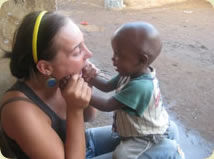 | | Volunteers wishing to work in Tanzania with children & young people with disabilities are always welcome and at the moment we work with eleven centres in need of support in the Moshi area. Some centres focus on children with more physical disabilities and others work primarily with mental disabilities such as autism and down syndrome. Volunteers are encouraged to play with the children, help with drawing and writing, feeding and other daily chores and assist with simple exercises. Occupational Therapists, physiotherapists and volunteers with experience of working with special educational needs are most useful at these centers. They can also share their knowledge by training the caregivers working at the centers. All volunteers with experience of working with disabilities will be welcomed. Volunteers can also work with the microfinance unit which supports the parents and care givers of the disabled children by funding projects or farming activities with the young disabled adults. | | |
Manual Work | | Construction and building work is frequently being undertaken by a number of our projects, although this can be sporadic as it is often based upon available funds. Please contact us to find out where a possible placement could be available for you. A greater awareness of environmental sustainability is also developing in the region and as a result a number of our projects are developing environmental aspects to their work. For example, one of our orphanages operates a farm to provide produce for the orphans and other projects focus on growing and planting trees in the local villages where deforestation has occurred. Whilst volunteers with experience of sustainability and farming are very useful here, those with no skills but a willingness to work hard, are also very welcome. . | 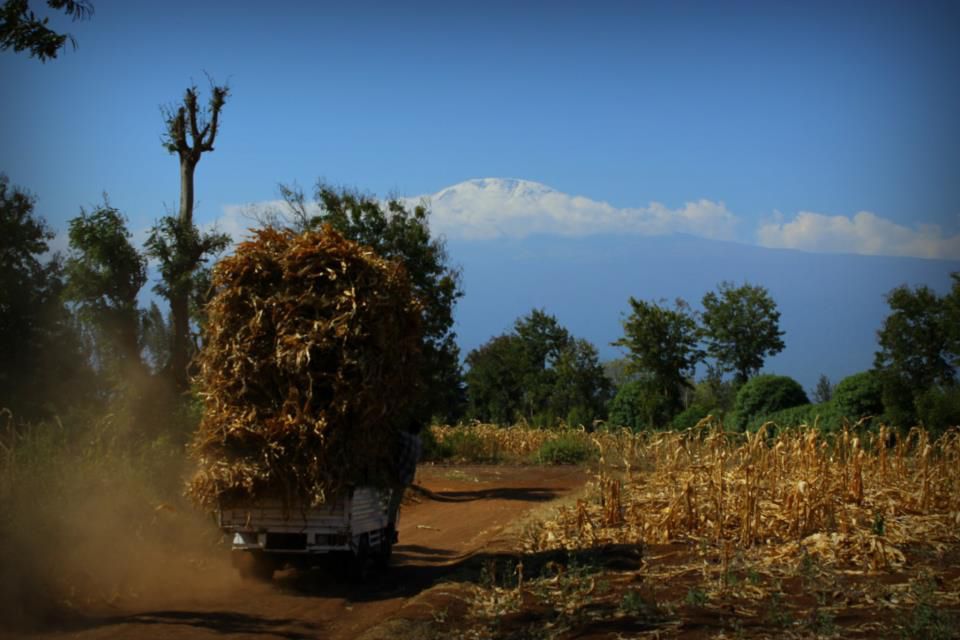 | |
Clinical Work | | There are a number of small clinics and hospitals we work with that are in need of support from volunteers with a medical background, including medical students, doctors, nurses, laboratory technologists and midwives. Volunteering in this way provides a great opportunity to share skills and gain experience. See also: Medical Internship in Tanzania. | 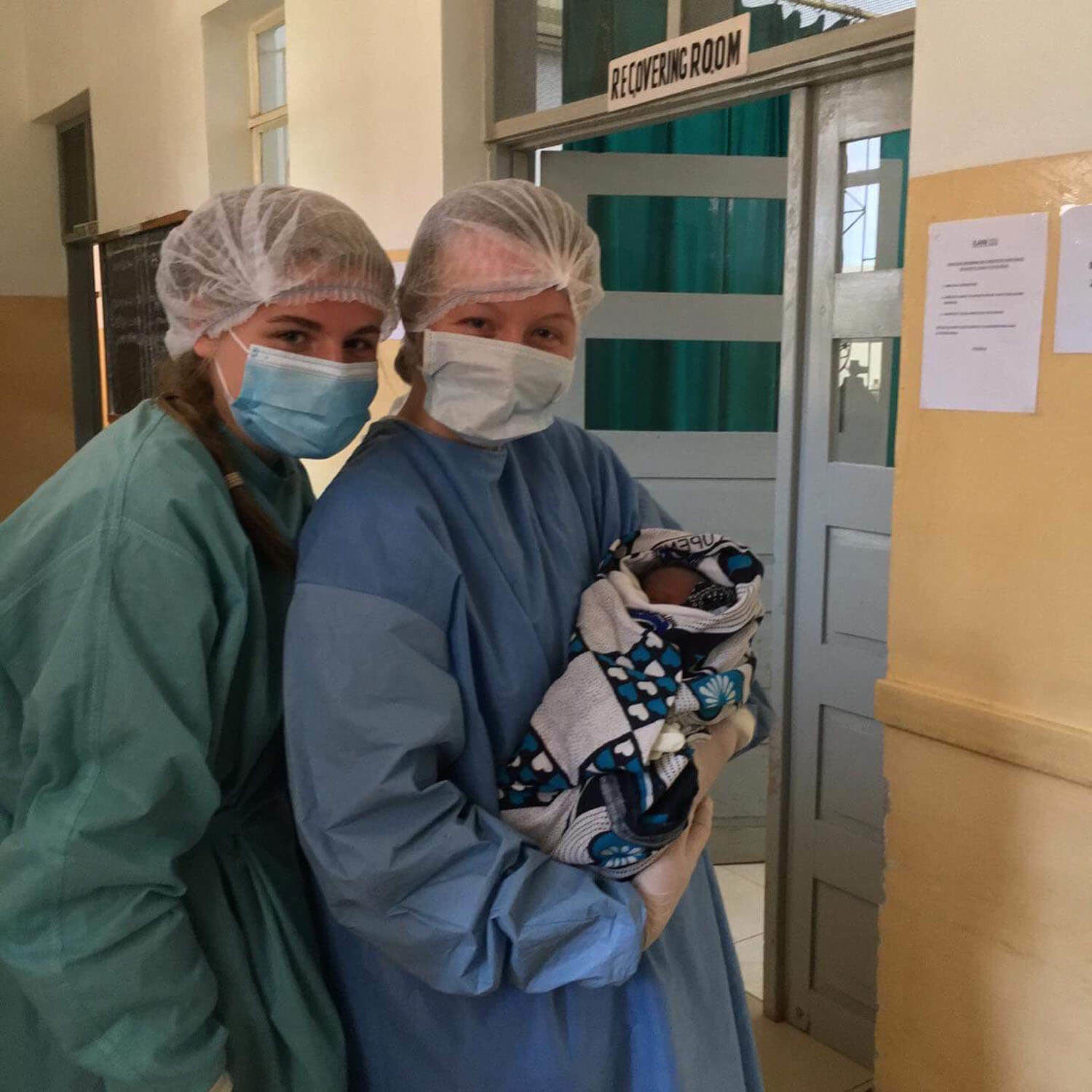 | |
Women’s Projects | | There are many women’s groups in the area promoting change at a local level. The women that create these groups are often widowed due to HIV/AIDS virus or are HIV positive themselves or looking after the children of deceased relatives. These groups generally focus on helping at a very local level to empower those around them. Common activities include educational and microfinance projects to assist women in becoming self-sufficient, supporting local orphans in the form of access to free education, and raising awareness of important health issues | 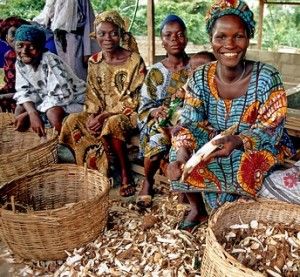 | | 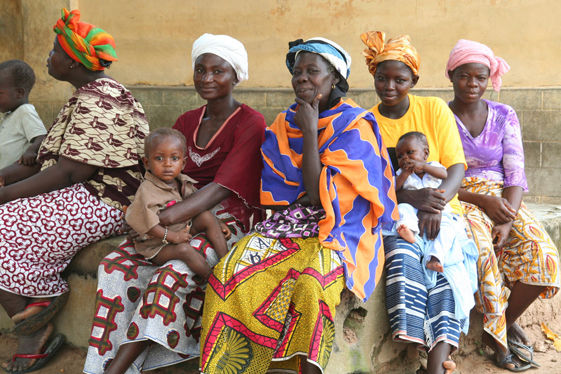
| We are working with a number of such groups which are at different stages of development. Volunteers are needed to support various on-going activities such as microfinance projects, education or administration or helping with long term funding. Volunteers are placed according to their skills and length of their stay as some groups are looking for very specific skills, whilst others can use help at a more basic level. Women’s groups also undertake local community-based projects such as surveying in local villages, running community health seminars or discovering new ways to assist a particular village. Women and Community development projects are most suited to volunteers who can come for a minimum of 3 months. Contact us directly for information. See also: Community Development Internships in Tanzania. | |
Other Projects | | Some of our projects undertake a multitude of different types of work. Often teaching, community work and women’s groups can be combined. Projects are also continuously evolving and therefore may have more specific needs at certain times. When contacting us it is good to advise us of any skills or experience you have. We have connections with projects needing medical practitioners, website designers, social and international development, construction, microfinance, software developers, lawyers, social workers, therapists and other skills. We can find something that will be enjoyable whilst also highly benefiting the projects. Often these projects will require you to contact them in advance. We can put you in direct contact with the project directors and clear information can be provided about the skills needed and best ways for both you and the project to benefit. | 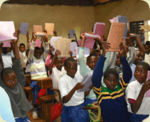 | |









